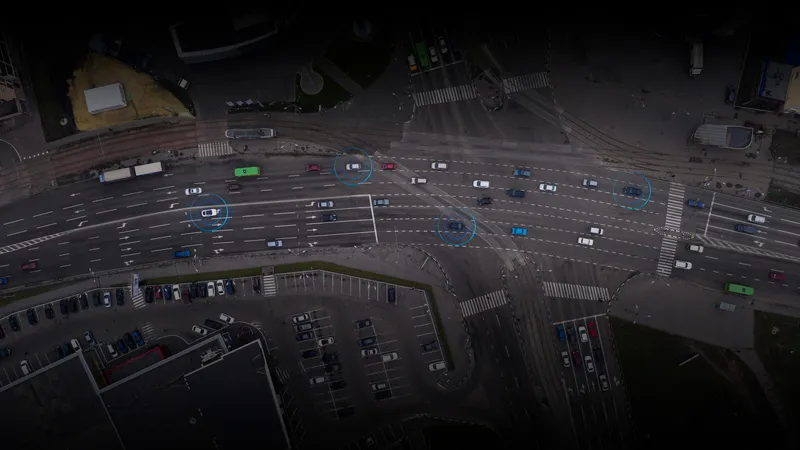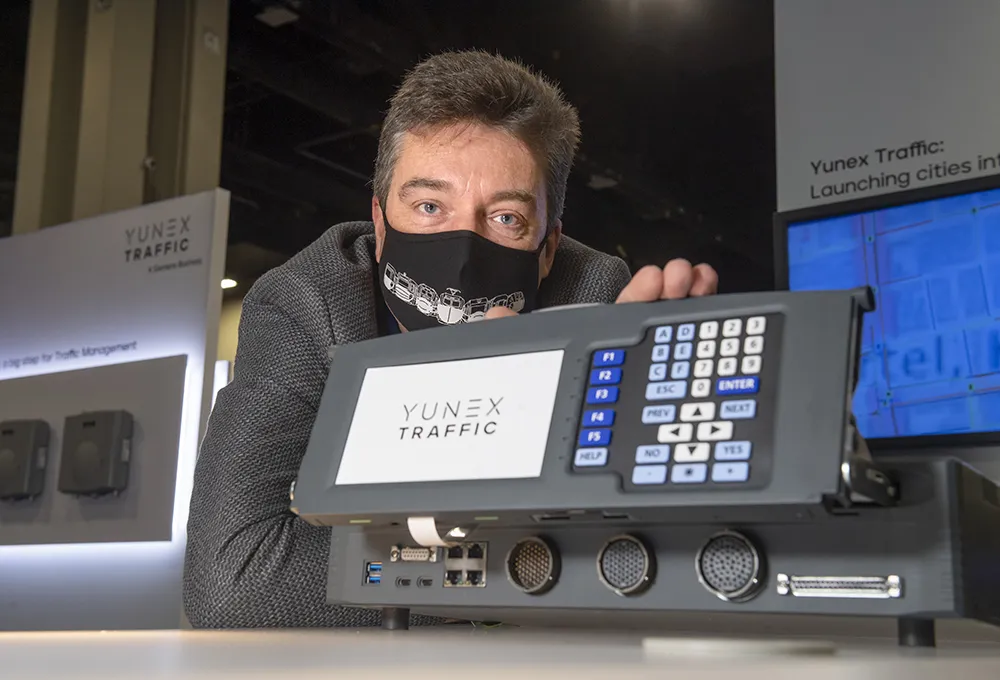
Cisco and Verizon have carried out a proof-of-concept demo in Las Vegas on autonomous vehicles.
The companies say it shows that cellular and mobile edge compute (MEC) technology can enable autonomous driving solutions without the use of roadside units (RSUs) to extend radio signals.
The test proved that Verizon’s LTE network and public 5G Edge with AWS Wavelength, together with Cisco Catalyst IR1101 routers in connected infrastructure, can meet the latency thresholds required for autonomous driving applications, they explained.
This would make it easier to power autonomous/unmanned last-mile delivery bots and robotaxis in cities like Las Vegas, where public MEC technologies exist.
“This test is a huge milestone in proving that the future of connectivity for IoT applications can be powered by cellular,” said Krishna Iyer, director of systems architecture for Verizon.
"We’re marking the strength of mobile edge compute platforms for connected transportation innovation with much more streamlined architecture."
It also means cities and roadway operators could create safer roads with C-V2X applications including pedestrian protection, emergency and transit vehicle pre-emption, on and off-ramp protection, "and potentially others that involve vehicles approaching intersections with traffic signals", the firms said in a statement.
They believe it opens the possibility of safer, less congested roads in current connected and autonomous vehicles, with scalability for future applications hosted at the edge and using LTE and 5G connectivity.
“The future of autonomous vehicles cannot progress without reliable communication between vehicles and their surrounding environments,” said Mark Knellinger, Cisco's lead transportation solutions architect.
“This is huge for roadway operators in that it relieves them of the massive expense of deploying and operating a dedicated V2X environment."









